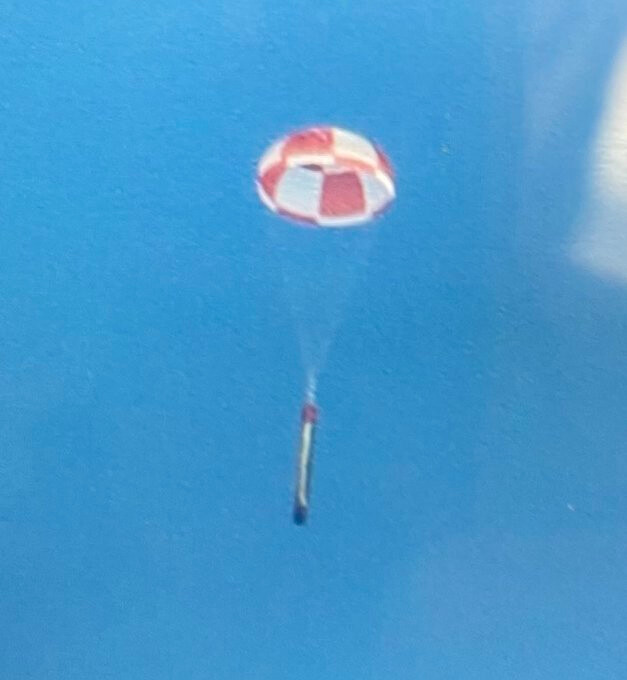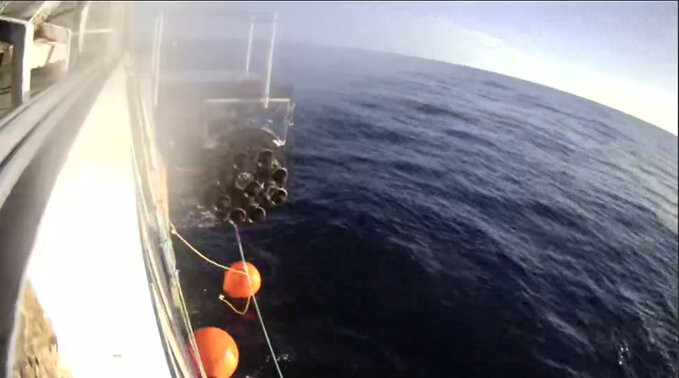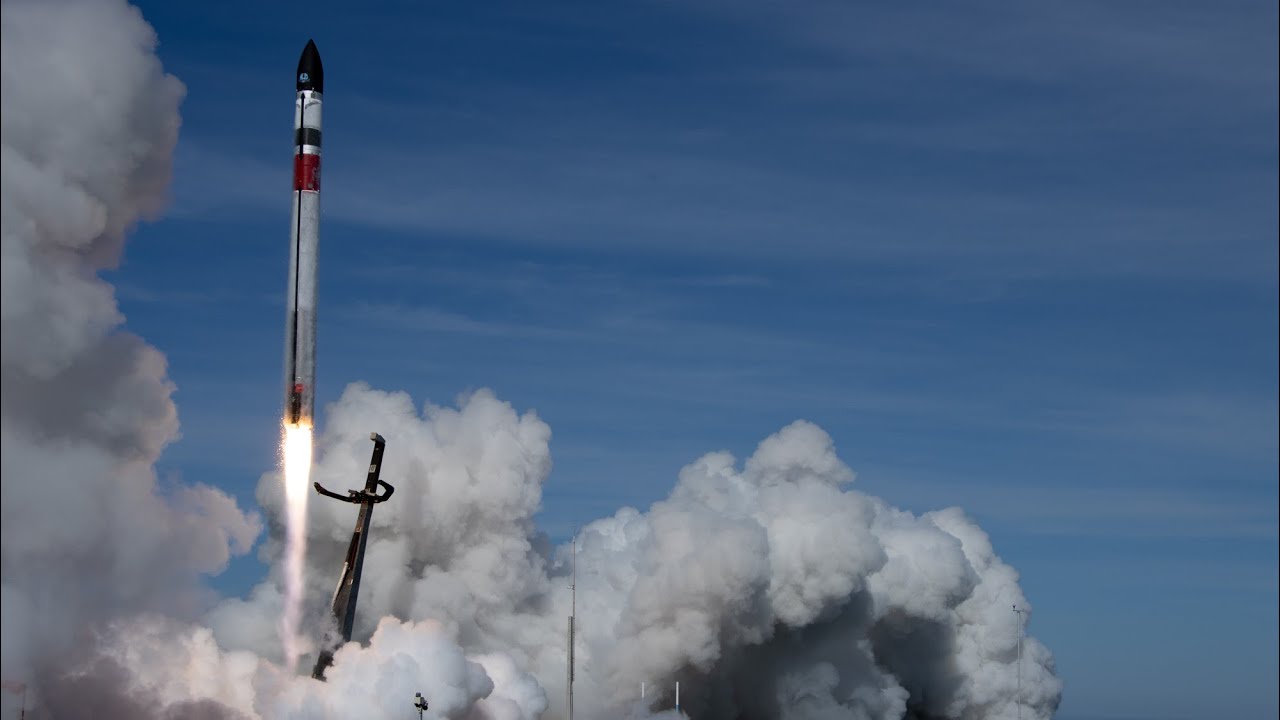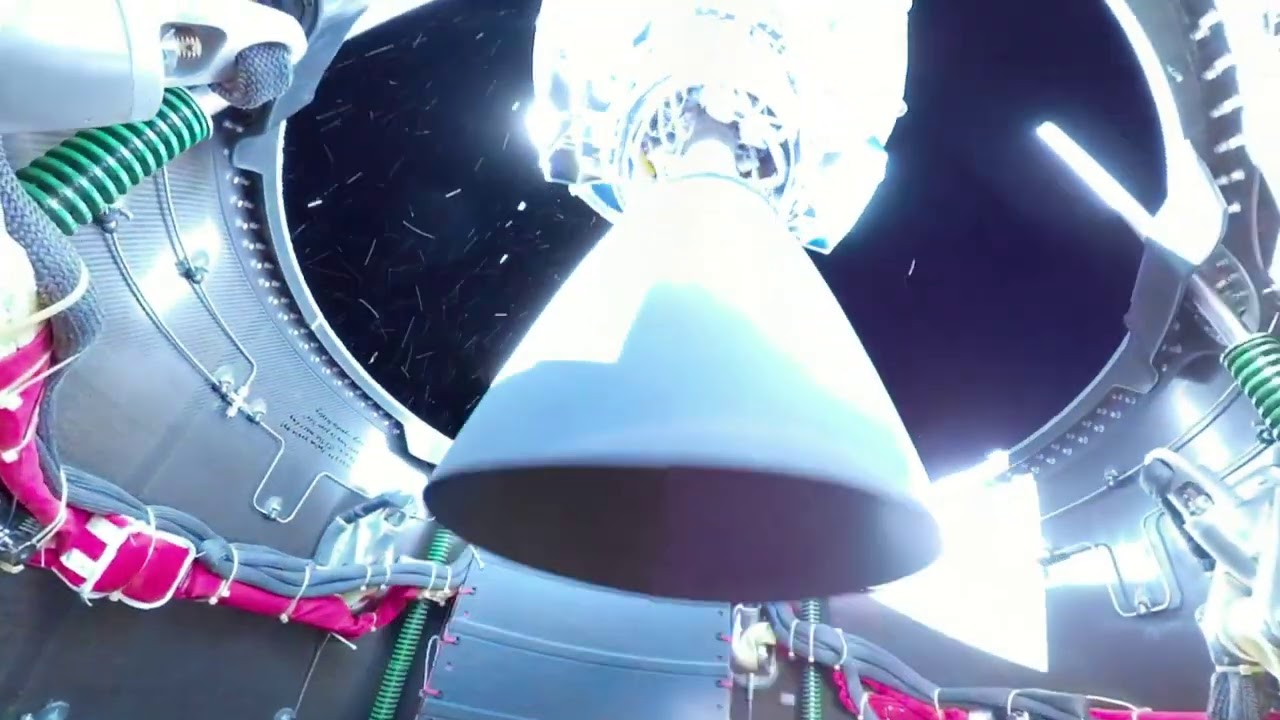Rocket Lab is scheduled to launch a ride-share mission from its New Zealand launch site on 2023-07-17 at 23:30 UTC. This will be the 39th launch of the Electron rocket and its seventh mission of 2023 (counting the secret “HASTE” sub-orbital launch on 2023-06-18). The live stream usually starts around 20 minutes before launch.
On board Electron will be seven satellites: four “Starling” CubeSats for NASA, a demonstration communication satellite for Space Flight Laboratory, and two weather satellites for Wire Global.
Rocket Lab plans to recover the first stage booster from this launch after it re-enters the atmosphere and splashes down in the Pacific under a parachute. This booster incorporates modifications to protect components from seawater to allow their re-use on subsequent launches.
Here is a pre-launch preview from Everyday Astronaut.
1 Like
Launch was delayed until the end of the launch window, but the mission was completely successful, with all of the satellite payloads delivered to their requested orbits. The first stage booster re-entered the atmosphere, descended under its parachute to a soft splash-down in the ocean, and was recovered by the waiting ship.


Here is video of the separation of the first and second stages of the Electron booster, captured by a camera in the interstage section of the first stage on a launch on 2020-11-20. “But wait!”, you exclaim, “There’s no sound in space.” That’s right, in space there’s no sound because there’s no atmosphere to carry the sound waves. But once the second stage engine ignites, the first stage is within the exhaust plume of the second stage, and the exhaust gases work just fine to propagate sound from the second stage engine. As the stage gets more distant, the sound becomes fainter. Also notice at the start how the bottom of the second stage tank flexes when the g-loads from acceleration by the first stage drop to zero when its engines cut off.
3 Likes
You know, all these rockets are just too phallic. It seems in today’s DIE climate, “equity” demands that at least half of such rockets ought to be re-designed in the form of the opposite sex’s external genitalia - aerodynamics be damned, along with those sexist, misogynistic rocket designers!
3 Likes




